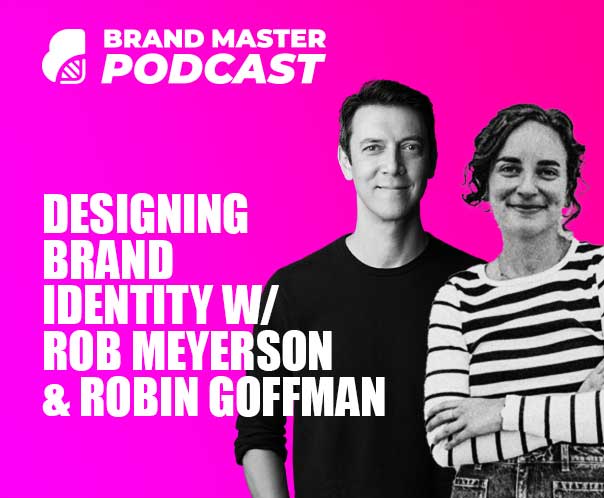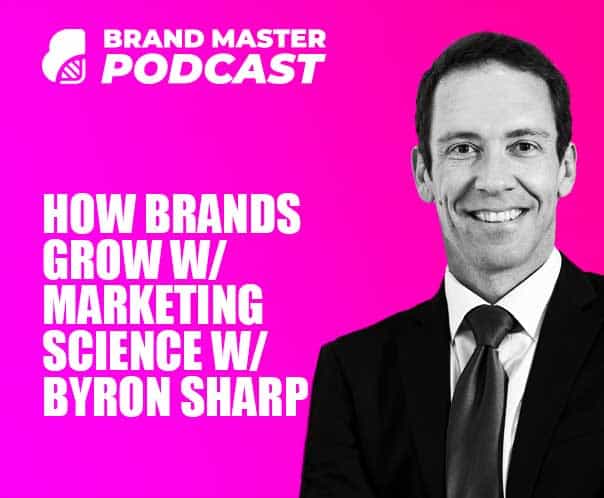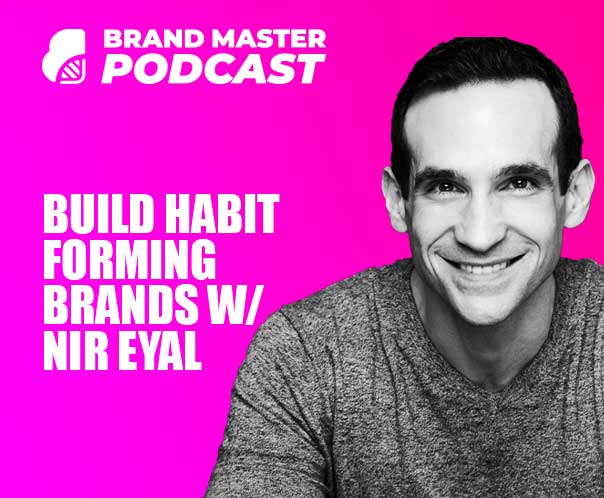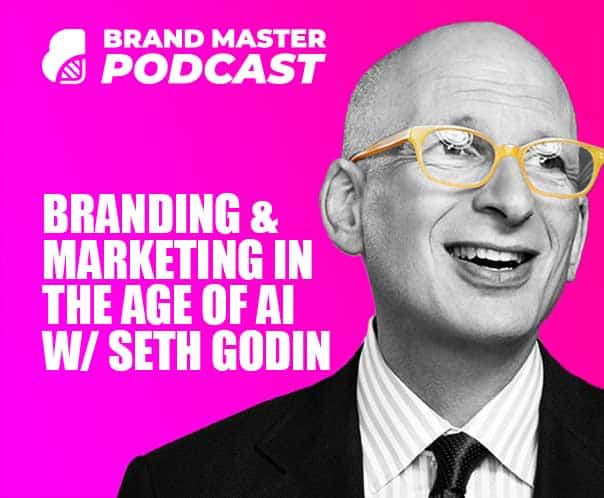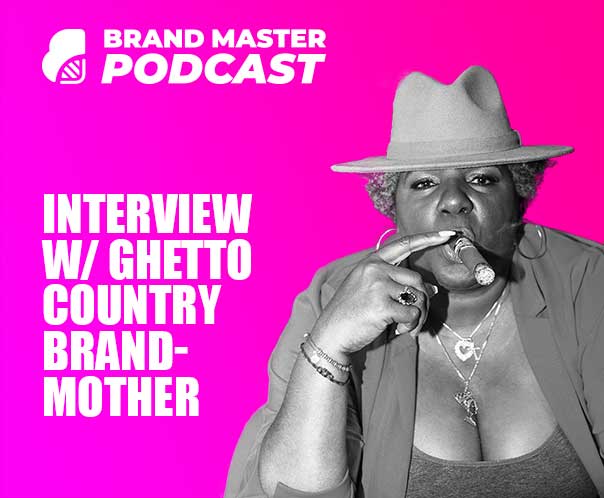Building a brand is not just about getting more customers to buy more stuff more often. Yes, that’s a major objective, but there are many ways to influence that outcome.
Employer branding (among many other strategies) plays a big role.
People are the backbone of any brand, and how the employees feel on the inside can indicate how people perceive the company on the outside.
A thriving brand culture of happy people doing their best work provides the best conditions for a brand to flourish in the market. In fact, 96% of companies believe employer brand can impact their revenue.
Attracting the right people into the right culture needs a strategy of its own. Enter the employer branding strategy.
In this article, you’ll discover what employer branding is and how it can attract the best people in your industry, so you can build a thriving brand culture.
What Is Employer Branding?

In short, employer branding is the process of promoting a company as an attractive place to work.
It’s the image and reputation a company has among job seekers, employees, and stakeholders.
Employer branding involves showcasing the company’s culture, values, and work environment to attract and retain top talent.
It’s about highlighting your employer’s value proposition and building a positive reputation that attracts new job seekers and retains employees.
PRO Brand Strategy BluePrint
Build Brands Like A Pro Brand Strategist
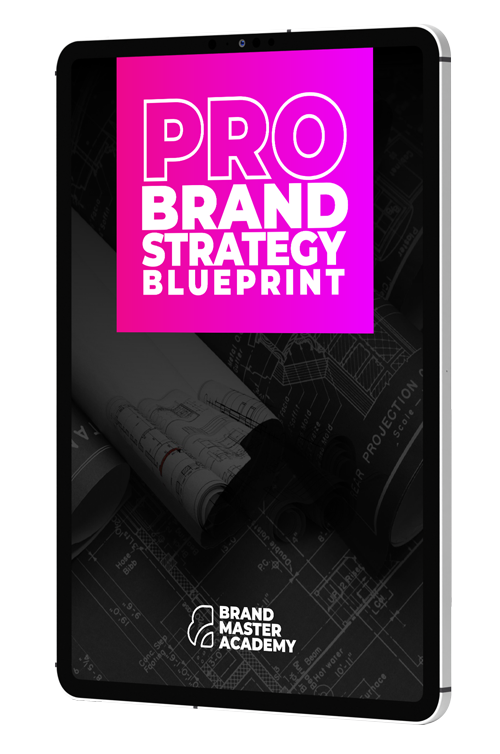
Why is Employer Branding Important?

A strong employer brand can provide numerous benefits to a company, including the following.
1. Attracts Top Talent

A strong employer brand attracts top talent and helps your organization stand out from competitors.
This is especially important in industries where competition is fierce due to a shortage of skilled or specialized workers.
2. Improves Retention Rates
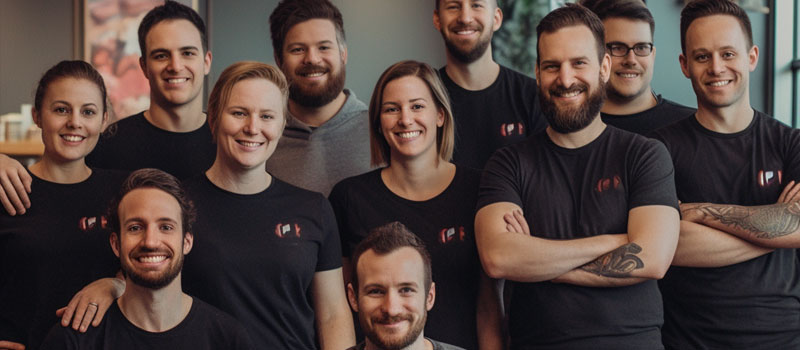
When team members feel proud to work for a company, they are more likely to stay with the organization long-term.
This can reduce turnover rates and even lead to employee referral.
Explore Brand Strategy
Programs & Tools
3. Increases Employee Engagement

A strong employer brand can increase employee engagement.
When you have a positive work culture and provide career growth opportunities, employees are more likely to commit to doing the hard work.
4. Enhances Company Reputation

An organization with a strong company brand can enhance its reputation both internally and externally.
This can lead to improved relationships with customers, investors, and stakeholders.
5. Boosts Productivity

Engaged and motivated employees are more productive.
A positive employer brand instills a sense of pride and purpose among employees, leading to higher levels of efficiency.
6. Reduces Recruitment Costs

Having a strong employer brand makes it easy to attract top talent, reducing recruitment costs.
Job seekers will check out your rating on Glassdoor and are more likely to apply to companies with a positive culture.
Furthermore, companies that are a joy to work for have job seekers regularly checking the website career page for open roles, meaning your recruitment teams have less work to do because the talent comes to you.
7. Builds Brand Loyalty

When employees feel a strong sense of loyalty, they are more likely to recommend the company to others.
This can improve brand loyalty among customers and potential employees.
8. Helps You Stand Out

Companies with a strong employer brand stand out from their competitors in the market.
Again, this is useful for attracting the top talent in your field, especially if your company is part of a niche sector.
9. Supports Business Objectives

Employer branding can support the overall business objectives by attracting the right talent, improving productivity, and enhancing the company’s reputation.
Whatever your company’s mission is, prioritizing employee branding is a great way to make progress.
6 Top Strategies to Improve Employer Branding

Improving employer branding is crucial to attract and retain top employees. Here are six strategies to improve.
1. Develop A Strong Employee Value Proposition (EVP)
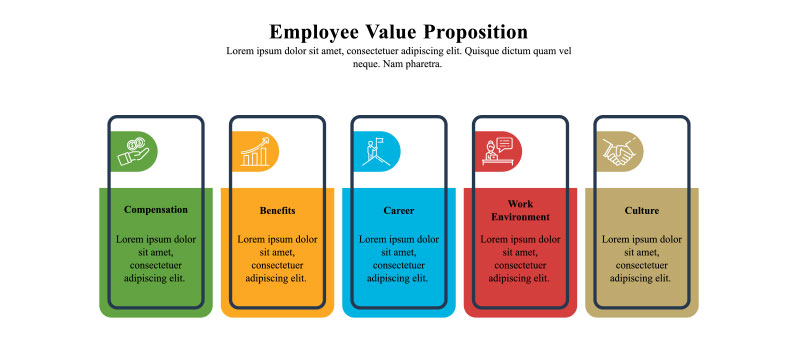
Your employee value proposition (EVP) is what sets you apart from other employers. It’s the reason why the best employees in your industry would want to work for you.
You can create a strong EVP by:
Defining your company’s values and corporate culture: Think about what your company stands for and what values you want to uphold.
Crafting messaging for your target audience: Tailor your brand messaging to your target audience, including the type of people you want to employee. What do they care about? What are their priorities?
Ensuring your EVP is consistent: Make sure your EVP is consistent across all touchpoints, from your career site to job descriptions, and even internal communications.
2. Leverage Social Media To Showcase Your Brand

Social media is a powerful tool to showcase your company culture and attract top talent. Here’s how to leverage social media to improve your employer branding:
Develop a strategy: Think about the types of content you can post to showcase your workspaces, work environment, company events, and employee experience.
Encourage employees to share positive experiences: Leverage personal branding by encouraging your employees to share their positive experiences on social media.
Engage with potential candidates: Interact with job candidates through social media channels, showing that you’re responsive and engaged.
3. Create A Positive Candidate Experience

The candidate experience is crucial to employer branding. It’s the first impression candidates have of your company, and it can make or break their decision to join you. 78% of candidates say their experience is a great indicator of how a company views its people.
This starts in the recruitment marketing phase and continues into the hiring process.
All of your communications need to be transparent and efficient, so make sure your hiring managers are well-trained in your EVP and communication style.
Furthermore, you should provide regular updates to job candidates, keeping them informed about their status in the process and any next steps.
4. Foster A Positive Company Culture

A positive company culture can be a powerful tool in your employer branding efforts.
It’s important to promote a culture that fosters employee engagement, teamwork, and a healthy work-life balance.
In particular, promoting work-life balance is a great way to attract and retain employees.
You can create this environment by offering flexible work hours, work-from-home options, and vacation time.
Meanwhile, you can encourage teamwork and collaboration through team-building activities and cross-functional projects.
5. Celebrate & Showcase Your Employees

Celebrating your employees’ achievements can be a powerful way to create a positive work environment and encourage productivity.
Highlighting employee stories and experiences is another great strategy to leverage through social media, and can also help you attract some of the top talent in your industry.
Using employee testimonials can be especially effective.
Testimonials provide potential candidates with an inside look into your company culture and give an idea about what it’s like to work for your organization.
This helps to build trust with potential candidates and encourage them to apply for open positions.
6. Monitor Your Brand Reputation Online

Keeping track of public perception is an important part of any employer’s branding strategy.
This can involve tracking engagement metrics, such as likes, shakes, and comments on social media, then adjusting your strategy as needed.
It can also include looking at how many candidates applied to an open job offer.
Conducting employee surveys can also help you assess the effectiveness of your employer branding strategy and identify areas for improvement.
It’s important to be proactive about responding to negative reviews and comments online. Make sure you address complaints in a professional and timely way, and take steps to improve your company’s reputation.
Building a positive image takes time and effort, but it’s worth it in the long run.
6 Characteristics of an Effective Employer Branding Strategy

A good employer branding strategy should possess several characteristics to attract new hires and retain top talent. Some of these characteristics include:
1. Clear And Consistent Messaging

A successful employer branding strategy should have clear and consistent messaging that communicates the organization’s values, culture, and goals.
It should also align with your overall branding strategy.
2. A Focus On Employee Experience

A good employer branding strategy should focus on employee well-being and creating a positive employee experience throughout the entire life cycle, from recruitment to retirement.
This includes providing excellent onboarding, ongoing training, access to human resources, and opportunities for advancement.
3. Active Engagement On Social Media

A strong social media presence is essential for modern employer branding strategies.
This includes creating content that highlights the company culture, values, and employee experiences, alongside interacting with potential candidates and current employees.
You can use various social media channels, depending on your target audience. For all professional employer branding strategies, LinkedIn is a great option.
4. Regular Measurement & Evaluation

You need to regularly evaluate your results to develop a good employer branding strategy.
This includes measuring key metrics such as employee engagement, retention rates, and candidate conversion rates, as well as seeking employee feedback through surveys and focus groups.
5. Integration With Recruitment Marketing

A successful employer branding strategy should integrate with your recruitment marketing efforts.
This includes creating job postings that highlight the company culture and leveraging employee testimonials to attract new hires.
6. Focus On Diversity & Inclusion

Prioritizing diversity and inclusion is key to creating a good employer branding strategy that attracts a diverse pool of candidates.
You can demonstrate your commitment by highlighting the ways your company has committed to diversity and creating programs that support underrepresented groups.
5 Modern Examples of Employer Branding
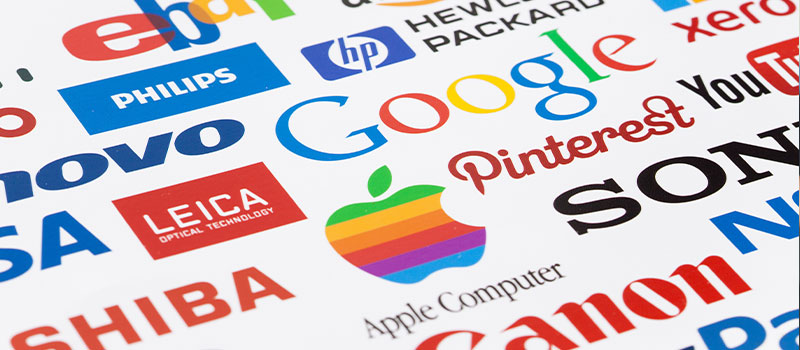
Here are some examples of newer companies that have successfully implemented strong employer branding.
1. Atlassian

Employer branding focus: Teamwork, innovation, work-life balance
Atlassian, a leading provider of team collaboration software, promotes its values of teamwork, innovation, and work-life balance.
Their LinkedIn page showcases these values with posts highlighting collaborative projects, employee-led innovations, and company social events. In addition, their jobs page and recruitment materials emphasize their diverse, inclusive culture, flexible work arrangements, and comprehensive benefits.
2. Slack

Employer branding focus: Productivity, work-life integration, employee empowerment
Slack, a widely used workplace communication tool, focuses its employer branding on enhancing productivity and integrating work-life balance.
They frequently highlight their team’s innovative ideas and collaborative projects on their LinkedIn page, showing potential employees how they could contribute and grow within the company.
3. Spotify

Employer branding focus: Music, innovation, inclusivity
Music streaming service Spotify centers its employer brand around a love for music, innovation, and inclusivity.
Their LinkedIn page and other social media channels highlight their diverse workforce, the innovative projects they’re working on, and their vibrant company culture. Employee testimonials on their career site paint a picture of what it’s like to work there, reinforcing their strong employer brand.
4. Uber

Employer branding focus: Innovation, diversity, social impact
Uber, the ride-hailing giant, emphasizes its innovation, commitment to diversity, and social impact in its employer branding. Their LinkedIn page regularly features their technological advancements, diversity initiatives, and social responsibility efforts.
They also highlight stories of individual employees and teams to provide a glimpse into the company culture.
5. Shopify

Employer branding focus: Entrepreneurship, diversity, remote work
E-commerce platform Shopify promotes entrepreneurship, diversity, and remote work. Their employer branding includes stories from their employees who are given the freedom to innovate and contribute to the company’s mission.
With a large remote workforce, Shopify showcases its flexible working conditions, commitment to diversity, and supports available for employees to maintain a healthy work-life balance.
Over To You
Employer branding is an important aspect of any successful talent acquisition strategy. By developing a strong employer brand and implementing effective strategies, you can attract the best potential employees, build a positive reputation for your company, and ultimately improve your bottom line.
Remember to monitor your brand reputation online, celebrate and showcase both old and ew employees, and adjust your strategy as needed to ensure ongoing success.
Frequently Asked Questions (FAQs)
1. What is the difference between employer branding and recruitment marketing?
Employer branding is focused on building and promoting a positive image of your organization as an employer, with the goal of attracting and retaining top talent.
Recruitment marketing, on the other hand, involves using marketing strategies specifically to engage job candidates, with the goal of filling open positions.
Social media can be a powerful tool for improving employer branding. By showcasing company culture, highlighting employee stories and achievements, and engaging with potential candidates and current employees, you can use social media to project your brand.
3. How can employee testimonials be used in employee branding efforts?
Employee testimonials are a powerful tool in branding, showing the experiences and perspectives of current employees. This can build trust and credibility with potential candidates. You can feature testimonials on company websites, social media channels, and even in job descriptions.
4. What role do company values play in employer branding?
Company values are a crucial element of employer branding because they reflect the culture and identity of your organization. By defining and promoting these values, you can attract candidates who share them and are more likely to thrive in the company culture.
Overall, this can increase engagement, improve retention, and boost job satisfaction.
5. How can employer branding impact employee retention?
A strong employer brand can have a significant impact on employee retention. When employees are proud to work for a company, they are more likely to feel motivated and engaged in their work. Plus, a healthy work-life balance and other perks are likely to make employees stick around.
On-Demand Digital Program
Brand Master Secrets
Make the transition from hired-gun to highly valued brand strategist in less than 30 days. The systems, frameworks and tools inside this comprehensive program are all you need to level up.



